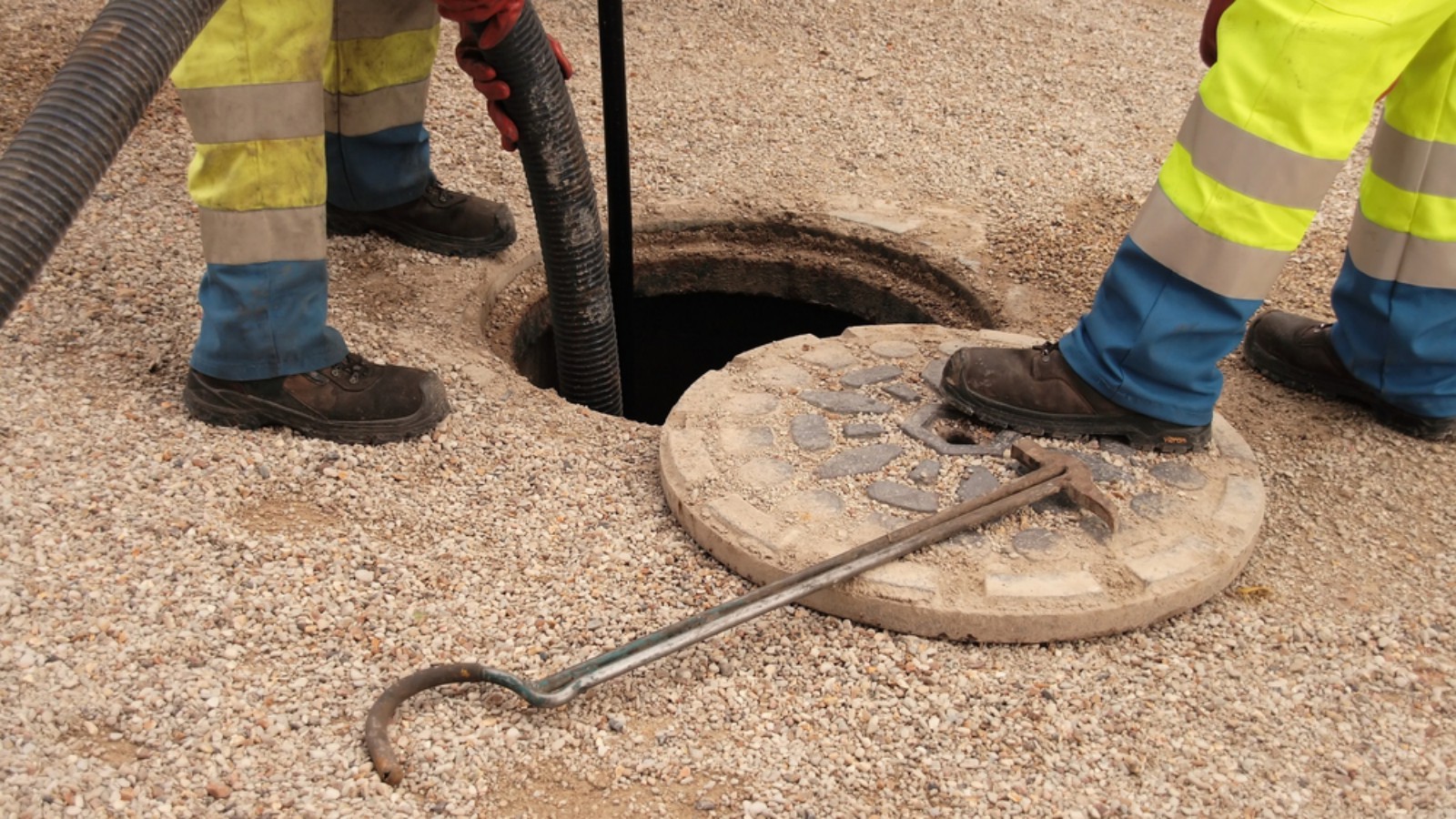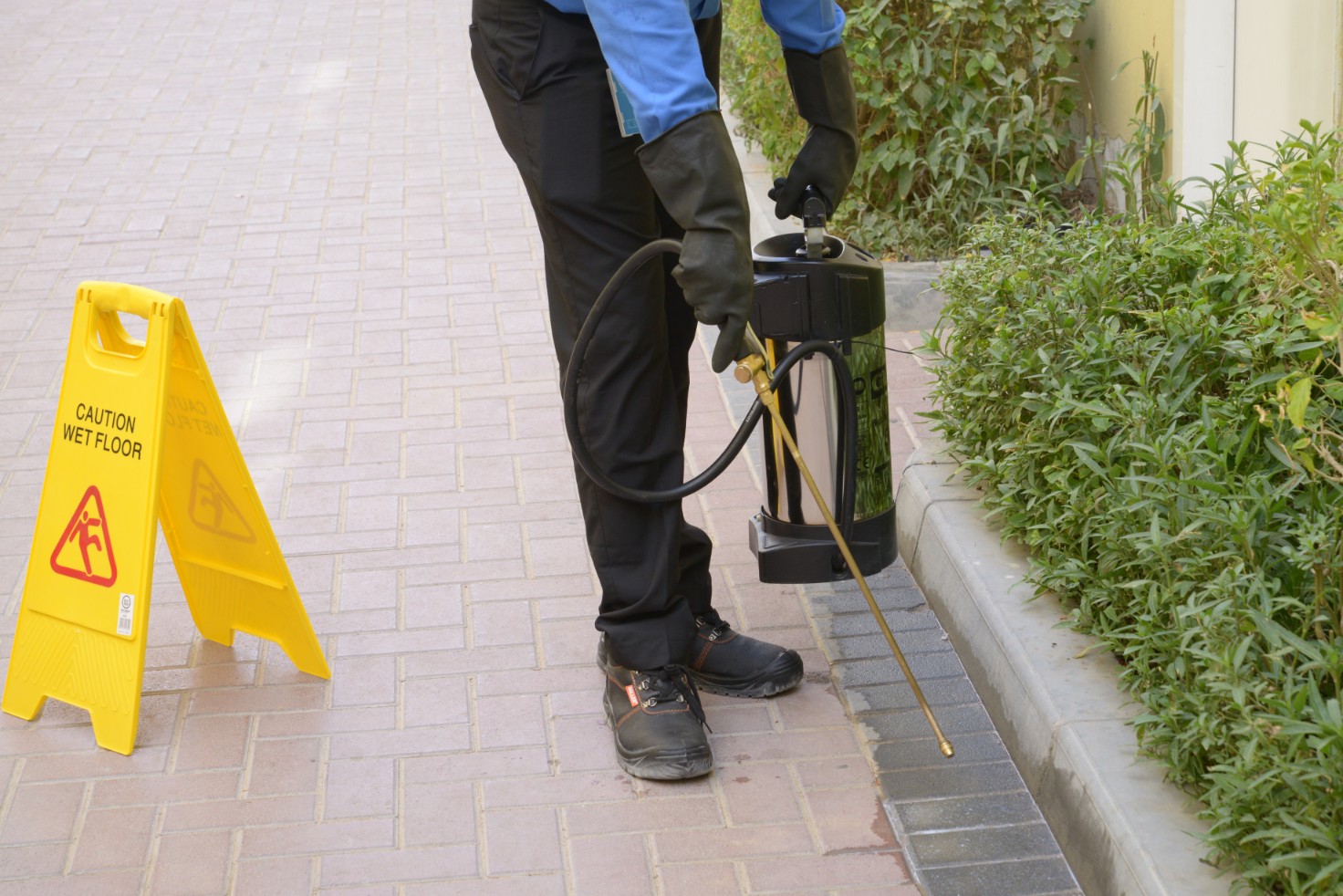Commercial pools, whether in hotels, fitness centers, water parks, or community recreation facilities, are essential amenities that require meticulous maintenance to ensure their longevity, safety, and operational efficiency. One of the most critical aspects of pool maintenance is leak detection. A leaking pool can lead to significant water loss, increased operational costs, structural damage, and even safety hazards. For commercial pool operators, addressing leaks promptly and effectively is not just a matter of convenience but a necessity to maintain compliance with health and safety standards, conserve resources, and protect their investments.
The Importance of Leak Detection in Commercial Pools
Commercial pools are subject to heavy usage, which can accelerate wear and tear on their infrastructure. Leaks, if left undetected or unaddressed, can escalate into major problems. Water loss from a leaking pool can be substantial, leading to higher water bills and unnecessary strain on local water resources. In regions where water scarcity is a concern, this is particularly problematic. Additionally, leaks can cause damage to the pool’s structural components, such as the shell, plumbing, and surrounding decking, leading to costly repairs and potential downtime.
Beyond financial implications, leaks can compromise the pool’s chemical balance. Maintaining proper water chemistry is crucial for ensuring the safety and comfort of swimmers. A leak can dilute the pool’s chemical treatments, making it harder to maintain the appropriate levels of sanitizers, pH, and other parameters. This imbalance can result in unsafe swimming conditions, increasing the risk of waterborne illnesses or skin irritations for users.
Common Causes of Pool Leaks
Understanding the common causes of leaks in commercial pools is the first step toward effective detection and prevention. Some of the most frequent sources of leaks include:
1. Structural Cracks: Over time, the pool’s shell or walls may develop cracks due to ground movement, settling, or improper construction. These cracks can allow water to seep out.
2. Plumbing Issues: The network of pipes that circulate water to and from the pool can develop leaks due to corrosion, ground shifts, or poor installation. Underground leaks are particularly challenging to detect without specialized equipment.
3. Faulty Equipment: Pool equipment such as pumps, filters, and heaters can develop leaks at connection points or within the machinery itself.
4. Liner Damage: For pools with vinyl liners, punctures or tears can occur due to sharp objects, aging, or improper installation.
5. Tile or Grout Damage: In tiled pools, damaged tiles or deteriorating grout can create pathways for water to escape.
Methods of Leak Detection
Detecting leaks in a commercial pool requires a combination of observation, testing, and the use of advanced technology. Here are some of the most effective methods used by professionals:
1. Visual Inspection: A thorough visual inspection of the pool and its surrounding areas can often reveal obvious signs of leaks, such as wet spots, cracks, or areas of erosion. However, many leaks are not visible to the naked eye, necessitating more advanced techniques.
2. Dye Testing: This method involves using a colored dye to identify leaks in the pool’s shell or fittings. The dye is injected near suspected areas, and if there is a leak, the dye will be drawn into the crack or hole, making it visible.
3. Pressure Testing: Pressure testing is commonly used to detect leaks in a pool’s plumbing system. By pressurizing the pipes and monitoring for pressure drops, technicians can pinpoint the location of a leak.
4. Electronic Leak Detection: This advanced method uses specialized equipment to detect leaks by measuring changes in electrical conductivity or acoustic signals. Electronic leak detection is highly accurate and can identify even the smallest leaks in the pool’s structure or plumbing.
5. Water Loss Testing: By measuring the rate of water loss over a specific period, technicians can determine if a leak is present. This method is often used in conjunction with other techniques to confirm the presence and location of a leak.
The Role of Professional Leak Detection Services
While some pool operators may attempt to detect and repair leaks on their own, commercial pools often require the expertise of professional leak detection services. These professionals have the training, experience, and equipment necessary to accurately identify and address leaks, minimizing disruption to pool operations.
Professional leak detection services typically follow a systematic approach, beginning with a comprehensive assessment of the pool and its components. They use a combination of the methods mentioned above to locate leaks and provide detailed reports on their findings. Once the leak is identified, they can recommend the most effective repair solutions, whether it involves patching a crack, replacing damaged pipes, or resealing equipment.
Benefits of Timely Leak Detection and Repair
Investing in regular leak detection and prompt repairs offers numerous benefits for commercial pool operators:
1. Cost Savings: Early detection and repair of leaks can prevent costly water loss and avoid more extensive damage that would require expensive repairs.
2. Water Conservation: By addressing leaks promptly, operators can contribute to water conservation efforts, which is especially important in areas facing water shortages.
3. Enhanced Safety: Maintaining a leak-free pool ensures proper chemical balance and reduces the risk of accidents or health issues for swimmers.
4. Extended Pool Lifespan: Regular maintenance and timely repairs help preserve the structural integrity of the pool, extending its usable life and protecting the operator’s investment.
5. Operational Efficiency: A well-maintained pool operates more efficiently, reducing energy consumption and minimizing downtime for repairs.
Conclusion
Commercial pool leak detection is a critical aspect of pool maintenance that should not be overlooked. By understanding the causes of leaks, utilizing effective detection methods, and partnering with professional services, commercial pool operators can ensure the longevity, safety, and efficiency of their facilities. Proactive leak detection not only saves money and conserves resources but also enhances the overall experience for pool users, making it an essential practice for any commercial pool operation.




